Politics
Why Buhari Remains Nigeria’s Best Option Despite Being A Failure – Balarabe Musa
Former Kaduna State Governor, Balarabe Musa has observed that President Muhammadu Buhari remains the best option for Nigeria despite failing to live up to his campaign promises.
The former Kaduna State governor said there is currently no “qualitative and relevant alternative” to President Buhari and that this could lead to his victory, if he opts to seek re-election in 2019.
Speaking with Punch, Musa said, “The performance of President Muhammadu Buhari since he came on board in 2015 has fallen short of the expectations of Nigerians.
“In other words, he has been unable to fulfil promises he made before he got the votes of Nigerians. I can reasonably say without fear that his government has failed.
“Nothing stops him (Buhari) from contesting. After all, every elected public office holder in Nigeria has the right to seek a second term.
“I won’t bother myself too much thinking about that because if today Buhari decides he won’t run for a second term, do you have a better person now in Nigeria who can perform better than Buhari?
“Up to the end of the Second Republic, when (the late Chief Obafemi) Awolowo, Zik (the late Nnamdi Azikiwe), Aminu Kano and so on were there, you could say ‘if not Awolowo, Zik is competent’ and so on. There was, at that time, a clear alternative available for Nigerians; whether you liked it or not, it was a distinctive alternative.
“But today, where is the alternative? We are now in a situation where there is no alternative or it is difficult for the alternative to emerge because this is politics and election in which ‘money power’ plays a leading role.
“So, it is not possible to find a qualitative and relevant alternative to Buhari at the moment.”

News
Akpabio Removes Natasha Akpoti as Chairman of The Senate Committee on Diaspora and NGOs
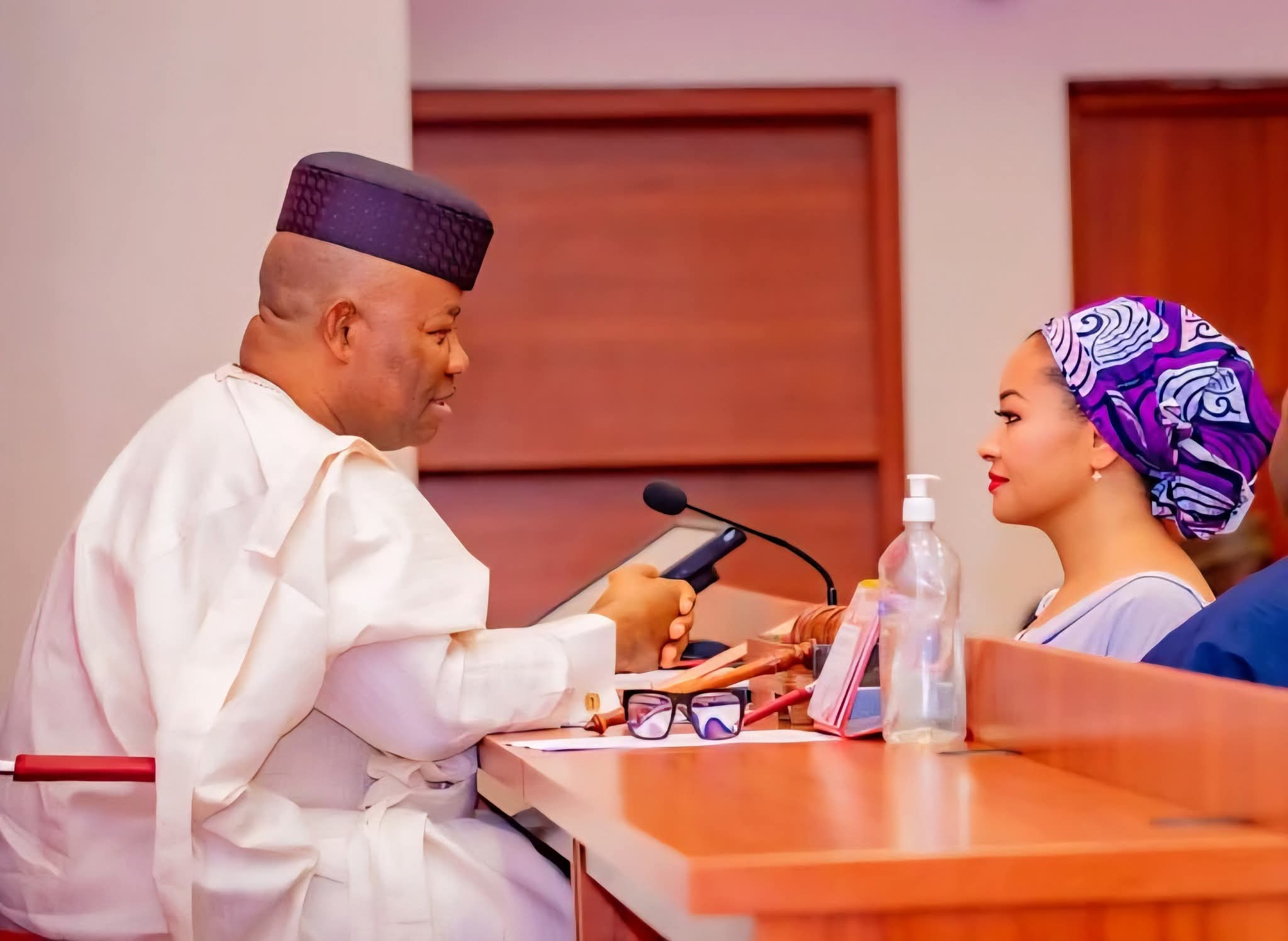
Senate President Godswill Akpabio has made a major change in the leadership of the Senate Committee on Diaspora and NGOs.
Senator Natasha Akpoti-Uduaghan has been removed as the Chair of the committee, and a new replacement has been named immediately.
Although no official explanation was given at the time of the announcement, the development has sparked conversations in political circles. Senator Natasha, known for her passion in representing diaspora-related matters, has not yet reacted publicly.
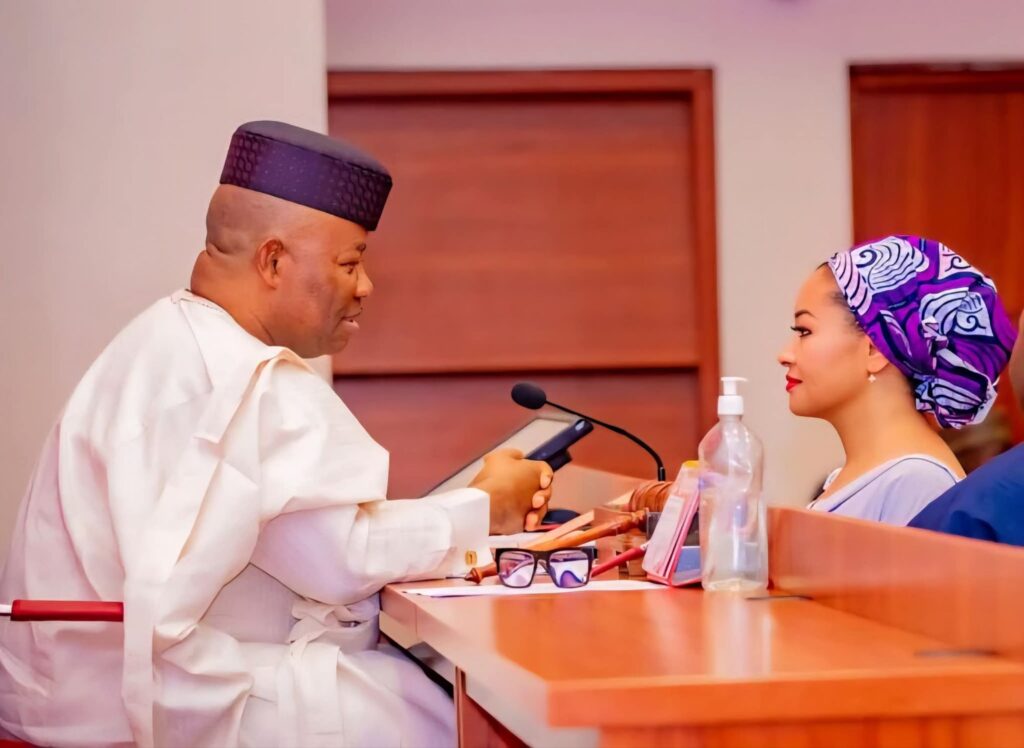
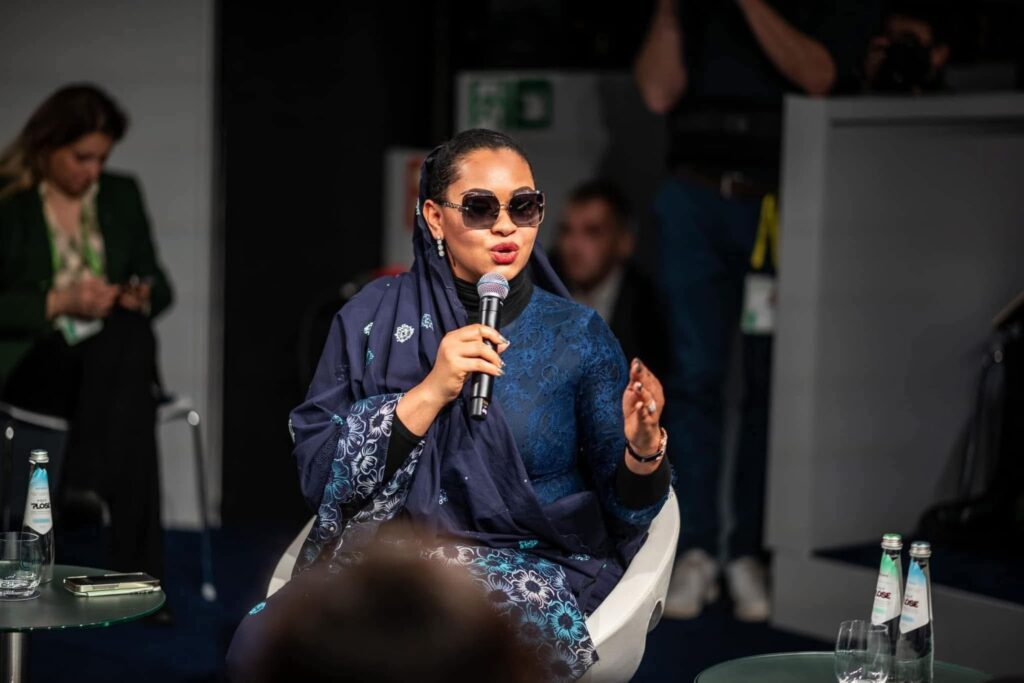
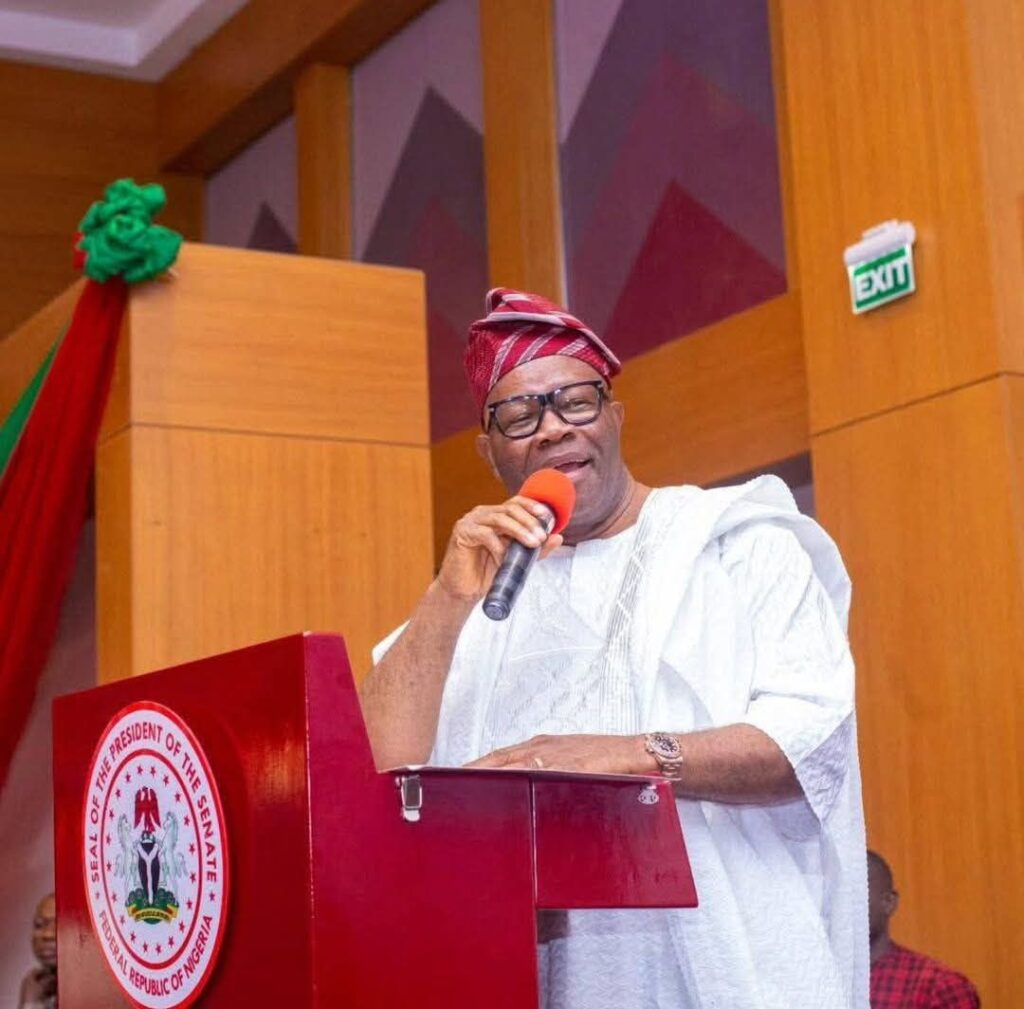
Foreign
Fear of Assassination: Iran’s Supreme Leader Khamenei Picks Three Potential Successors—Excludes Son
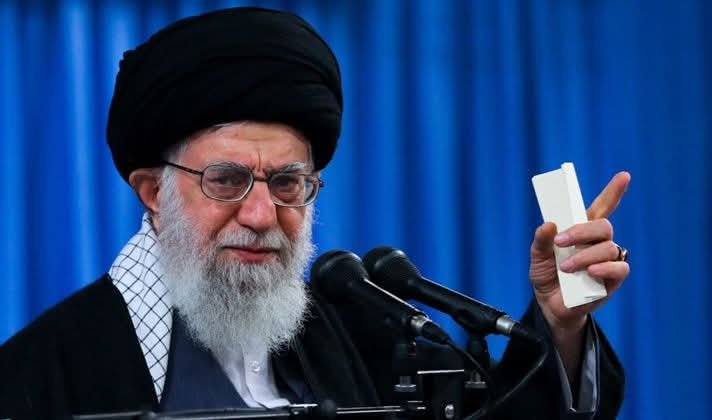
Amid rising tensions and fears of targeted attacks, Iran’s Supreme Leader Ayatollah Ali Khamenei has reportedly named three possible successors, excluding his son, in preparation for a worst-case scenario during the ongoing conflict with Israel.
According to a Saturday report by The New York Times, the 86-year-old leader, who is said to be operating from a secure underground bunker, privately selected three senior clerics to take over leadership if he is killed. The decision follows a wave of high-profile assassinations allegedly carried out by Israeli forces, which has heightened concerns at the highest levels of Iran’s leadership.
Crucially, Khamenei’s son, Mojtaba—who has long been rumored to be his heir apparent—was not included among the chosen candidates. This marks a significant departure from previous speculation suggesting a dynastic transition was in the works. The Jerusalem Post also confirmed the report, adding that Khamenei has made additional contingency plans by appointing replacements within Iran’s military hierarchy in anticipation of further Israeli attacks.
Traditionally, Iran’s Supreme Leader is selected by the Assembly of Experts, a powerful clerical body of 88 members. However, Khamenei’s move suggests he may be attempting to influence the succession process in advance, seeking to ensure ideological continuity and maintain regime stability amid external threats.
Experts believe the choice of three clerics rather than a single successor points to internal disagreements and the urgent need for contingency planning as the situation escalates. While the identities of the chosen individuals remain undisclosed, sources say they are trusted hardliners closely aligned with Khamenei’s vision.
Regional Impact and Rising Concerns
The reported development comes at a volatile time in the Middle East, with recent Israeli strikes targeting senior Iranian and Hezbollah figures. Analysts warn that any sign of instability in Iran’s leadership could further destabilize the region.
“This is not just theoretical succession planning — it’s being done under the very real threat of attack,” a regional intelligence source told The New York Times. “The regime clearly views the risk of a leadership vacuum as imminent.”
Khamenei’s decision underscores the high level of concern within Tehran’s leadership circle as it braces for potential escalations and prepares for scenarios that were once considered unlikely.
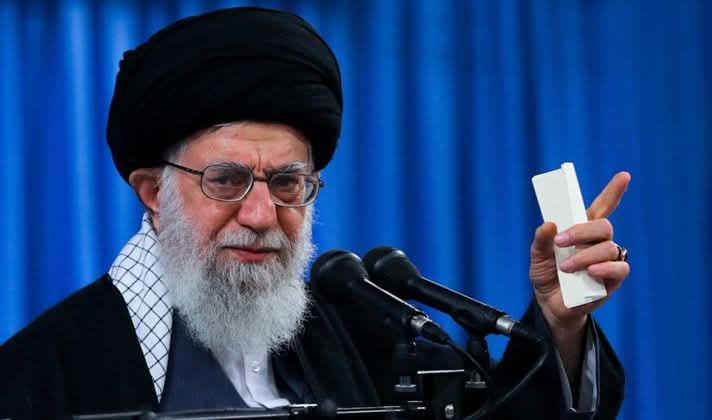
News
Diri Proposes Third Term for Governors to Curb Abandoned Projects
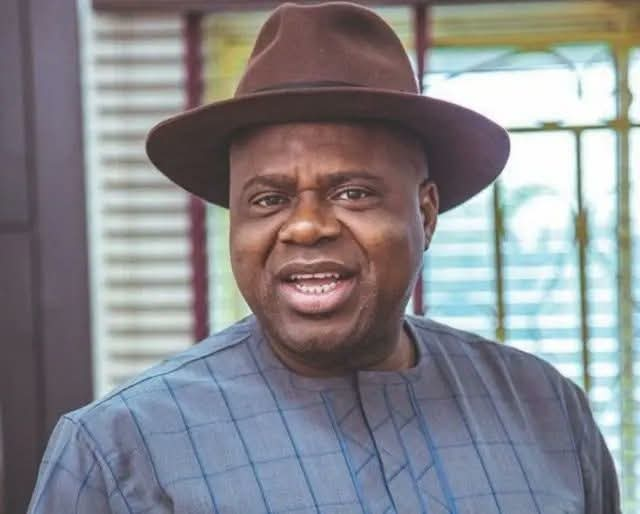
Bayelsa State Governor, Senator Douye Diri, has suggested a constitutional amendment to allow state governors a third term in office — a move he believes could help tackle the persistent issue of abandoned projects across Nigeria.
Governor Diri made the call during a stop in Nembe Local Government Area, part of his ongoing ‘Thank-You Tour’ across the state. Addressing a large crowd at King Koko Square in Nembe, the governor said limited time in office often prevents administrations from completing critical infrastructure projects.
“It is not proper to start a project and leave it for another government to finish,” he said. “Some of your requests can be fulfilled, but time is no longer on our side. That’s why I believe the National Assembly should consider revisiting the constitution to give governors a third term.”
He encouraged community members to reach out to their federal representatives — including Hon. Marie Ebikake, Hon. Fred Agbedi, Hon. Oforji Oboku, and Senator Benson Agadaga — to push for such an amendment.
Diri highlighted the ongoing development of a 60-megawatt independent power plant as a major step toward addressing electricity challenges in the state. He announced that twin gas-powered turbines, procured by the state government, would soon be delivered and installed at the Elebele site, which is nearing completion.
According to him, once operational, the power plant will supply electricity to key areas such as Yenagoa, Nembe, Ogbia, Kolokuma/Opokuma, Sagbama, and parts of Ekeremor, helping to reduce the state’s dependence on the national grid.
The governor also addressed the community’s call for the construction of the Igbeta–Ewoama–Okoroba road. He admitted that time was a constraint but expressed willingness to partner with federal bodies like the Niger Delta Development Commission (NDDC) and the South-South Development Commission to make it happen.
Governor Diri thanked the people of Nembe for their warm reception and overwhelming support in the 2023 governorship election, which saw him and his deputy, Senator Lawrence Ewhrudjakpo, re-elected.
“We promised to come back and say thank you if re-elected. This visit is to fulfill that promise,” he said.
Several dignitaries praised the governor’s efforts during the visit, including former Deputy Governor Rear Admiral Gboribiogha John-Jonah (rtd), Attorney-General Biriyai Dambo (SAN), Nembe Council Chairman Chief David Alagoa, and PDP chieftain Chief Blessing Izagara, who all commended the progress made on the Nembe–Brass road project.
Governor Diri also paid a courtesy visit to the Amanyanabo of Nembe Kingdom, King Edmund Daukoru (Mingi XIII), who expressed gratitude for the governor’s commitment to development. The monarch lauded Diri for returning to thank the people after the election, a gesture he described as rare among politicians.
“You’ve proved doubters wrong. You kept your word, and the blessings of this throne will remain with you,” the king said.
The governor’s entourage included several lawmakers, top government officials, and traditional leaders.
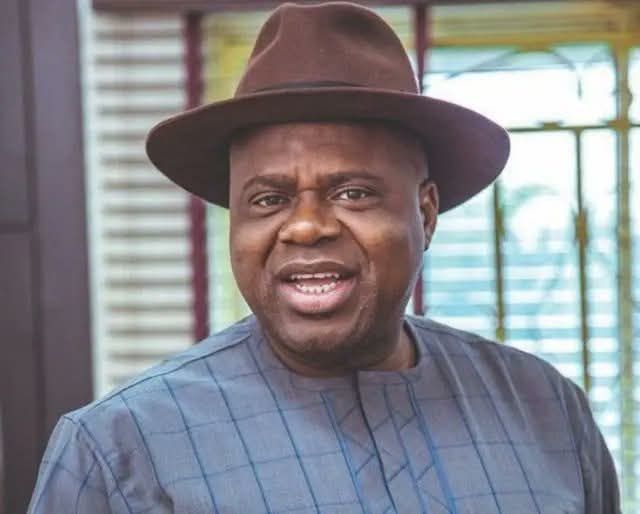
-

 News1 year ago
News1 year agoHardship: We Plan To Establish A National Commodity Board To Crash Food Prices – VP Shettima
-
News7 years ago
Blog Reader; Samson Osagiede Celebrates Fiancè Benedicta Daniels’s Birthday With Sweet Words
-
Home9 years ago
News Channel claims Donald Trump is an orphan from Pakistan,share alleged childhood photo
-
Home9 years ago
Another $175m Found in Patience Jonathan’s wife’s firm’s Bank Account
-
Home9 years ago
Oil Spillage: House of Reps Member Shares Photos of the Water her Constituents Drink .
-
Home9 years ago
Zara Buhari & Ahmed Indimi’s Wedding Access Card
-
News7 years ago
The Best Video You’ve Seen Today?
-

 Sport7 years ago
Sport7 years agoModric, Marta Wins 2018 FIFA Best Player Of The Year Awards ⚽️
